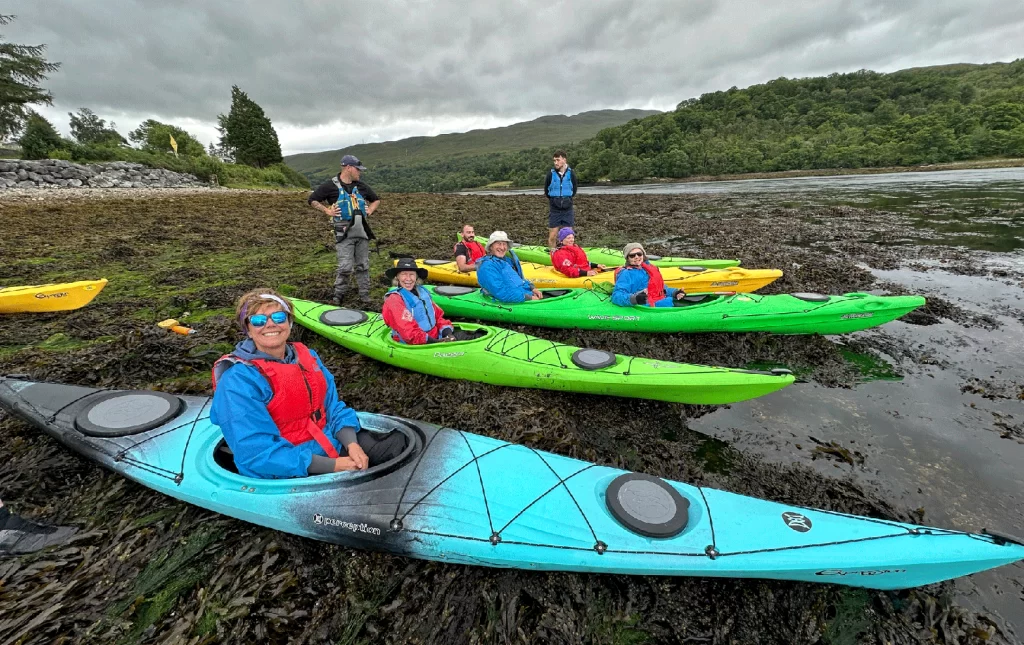“If you want to be happy, set a goal that commands your thoughts, liberates your energy and inspires your hopes.”
Attributed to Andrew Carnegie, this quote demonstrates the direct link between setting a happiness goal and achieving it. That is why I’m excited about the Happy Planet Index (HPI).

The HPI purports to measure how successful countries are at supporting good lives for their current inhabitants, while seeking the same for future ones.
The HPI is a socio-ecological efficiency measure that assesses sustainable well-being as happy life years divided by a consumption-based carbon footprint. “Life years” is life expectancy combined with self-reported well-being.
The measure applies primarily on the national level, where leaders have the expectation of serving the ongoing life of their citizenry. Leaders can use the HPI to assess and act based on their best interest in having a viable long-term economy through time.
The highest score this year, based on 2021 figures, goes to Vanuatu: 57.9. Vanuatuns live an average of 70.4 years and rate their own wellbeing as 7.1 out of 10.
Their combined carbon footprint is well below what is defined as the “global fair share” of a little over three tons of carbon equivalent per capita.
Maybe it’s not fair to compare Americans’ carbon footprint with a tiny South Pacific island. But Sweden fares next best at 55.9, showing that a high-income nation can be relatively carbon conservative.
Swedes’ life expectancy is 83.0 years; they rate their well-being at 7.4, and their carbon footprint is lower than most other wealthy nations.
The U.S. rating is 32.1 based on a life expectancy six years less than Swedes (77.2), self-reported well-being of 7 (versus Sweden’s 7.4), and a carbon footprint worse than 138 out of 147 countries.
Our heavy carbon footprint isn’t buying us a lot of happiness. The top 10 per cent of American earners use almost three times the carbon per capita as the bottom 90% to grab an extra 2.4 years and a 0.1 increase in self-reported well-being.
What I appreciate about HPI is its intentionality. You can’t achieve sustainable well-being if you haven’t described it. Living sustainably on earth is a necessary goal if we are to leave a healthy planet for our descendants; the HPI offers a way to measure progress.
I also like its measurability. A simple online tool allows individuals to assess how they stand as citizens of the planet. Personally, my HPI nation score is a miserable 35.7 out of 100. If I were a nation, that would put me on par with Singapore.
“Just like Singapore,” reads my commentary, “you have good health and wellbeing, but an enormous carbon footprint. Also like Singapore your health score is somewhat better than your wellbeing score. To achieve a good life that doesn’t cost the Earth, you would need to greatly reduce your environmental impact, whilst maintaining your health and wellbeing.”
It is exceedingly difficult for individuals or governments to “give up” lifestyles that we can “afford,” with flawed market prices as our guide. As the HPI Executive Summary states:
“We have a formidable task to reduce our emissions to prevent the most horrific climate chaos, and we have to achieve this in the face of deepening inequality and growing dissatisfaction.”
A carbon tax or fee is likely the easiest way for governments to change course. For individuals, the holy grail is increasing our quality of life in ways that don’t increase (or maybe even decrease!) our carbon footprint.
A gratitude practice and close friendships are two reliable ways to increase happiness organically. You can also comb the Midlife Happiness Project for ways others have found happiness in less consumptive ways. (Full disclosure: my husband and I are interviewed for an upcoming episode).
You can take the personal Happy Planet Index test. The questions can help you liberate your energy and inspire hope in moving toward a “good life that doesn’t cost the earth.”

Karen Telleen-Lawton, Noozhawk Columnist
This article was published on July 22nd, 2024 in Noozhawk – you can read it “in print” here.
Karen Telleen-Lawton is an eco-writer, sharing information and insights about economics and ecology, finances and the environment. Having recently retired from financial planning and advising, she spends more time exploring the outdoors — and reading and writing about it. The opinions expressed are her own.
KTL at CanyonVoices dot com

